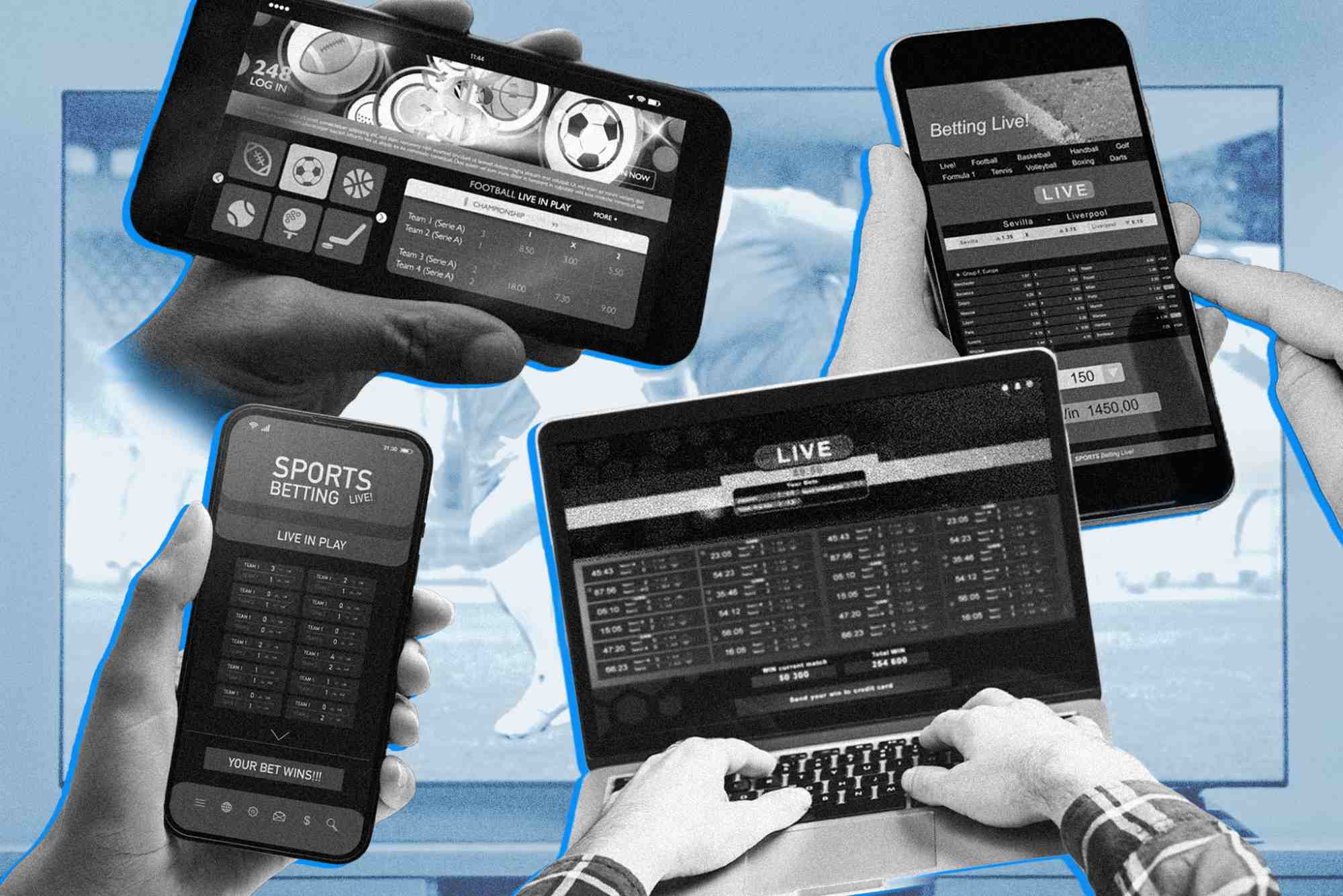The moment you register at an online casino, you’re asked to provide personal details. Age, location, and identity checks are a legal requirement, designed to prevent fraud, underage gambling, and money laundering. But as a player, the last thing you want is a tedious, drawn-out process that stops you from enjoying games straight away. So how do modern gambling sites balance the need for security with the demand for instant access?
Over the years, I’ve signed up at dozens of online casinos, both for research and personal play. Some made the process seamless, while others buried me in forms and documents. The difference comes down to how efficiently they integrate technology into the verification stage. Interestingly, for many players, alternatives like a £1 minimum deposit casino uk offer a smoother entry point, combining quick sign-ups with compliance that still meets regulatory standards.
Why Verification Matters in Online Gambling
Before diving into the technical side, it’s worth understanding why verification is so important. Casinos operate in a highly regulated environment, and regulators demand proof that operators are protecting players and preventing crime. Without proper checks, sites risk losing their licenses and reputations. For players, verification is also a form of protection. It keeps your account safe from identity theft and ensures fair play across the platform.
The challenge lies in making this process as unobtrusive as possible. If it feels like applying for a mortgage, players are far more likely to abandon registration.
Automated Identity Verification Tools
One of the biggest breakthroughs has been the rise of automated KYC (Know Your Customer) tools. Instead of asking players to upload stacks of documents, sites can now run real-time checks in the background. By cross-referencing government databases, credit agencies, and geolocation tools, casinos can verify most details instantly.
For example, I’ve joined platforms where, after typing in my address and date of birth, the system confirmed my details within seconds. No email back-and-forth, no waiting days for approval. This automation is the gold standard for creating frictionless onboarding.
Document Uploads Made Simple
Not every case can be handled automatically. Sometimes, a casino will need a passport scan, driver’s license, or utility bill. The difference today is how user-friendly these uploads have become. Mobile-first design allows you to snap a picture with your phone, upload it through the casino app, and get verified in minutes.
Years ago, I remember having to scan and email multiple attachments, which felt clunky and outdated. The contrast with today’s instant mobile uploads is night and day. Sites that invest in smooth upload features gain a huge edge in retaining new players.
Biometric Technology for Extra Speed
Biometrics are increasingly making their way into gambling verification. Facial recognition and fingerprint logins can confirm identity far faster than manual checks. In some cases, casinos use liveness detection — asking you to blink, smile, or turn your head during a quick selfie — to prove you’re real.
It’s the same kind of technology used by banking apps, and while some players initially feel uneasy, it significantly reduces fraud while keeping sign-up times under control.
Geolocation and Device Fingerprinting
Another subtle but effective layer is geolocation tracking. Gambling licenses are region-specific, meaning operators need to confirm you’re playing from within the approved jurisdiction. Instead of asking you to prove your address repeatedly, sites can verify your device’s location in real time.
Device fingerprinting goes even further by tracking the unique characteristics of your computer or phone. Together, these tools create a seamless verification safety net without burdening the player.
Avoiding Common Verification Frustrations
Despite all these improvements, players still run into frustrations. The most common issues are mismatched details — like entering a nickname instead of your legal name — or expired documents. I’ve seen players vent online about withdrawals being delayed because they didn’t double-check their profile information.
The key lesson is to always enter accurate, official details at registration. Doing so reduces the chances of being asked for additional verification later, especially when it comes time to withdraw winnings.
How Casinos Strike the Balance
The best operators understand that verification isn’t just a compliance box to tick — it’s part of the user experience. They invest in partnerships with leading KYC providers, streamline document uploads, and clearly explain what players need to do. Transparency is vital.
When a site explains, “We need this document to comply with UK law, and verification usually takes under 10 minutes,” it sets realistic expectations. Compare that with vague messages or unexplained rejections, and the difference in player trust is massive.
Real-World Example of Smooth Verification
Last year, I registered at a UK-licensed casino that promised a “2-minute sign-up.” Skeptical but curious, I gave it a try. Using automated checks, the system verified my details instantly. The only hiccup was a quick selfie request, which I completed via my phone camera. From start to finish, I was browsing the game library in under five minutes.
It was a sharp reminder that when operators prioritize user-friendly verification, they create a much more inviting experience for new players.
Final Thoughts
Online gambling verification doesn’t have to be a barrier that slows down sign-ups. With tools like automated KYC checks, biometric authentication, and smart geolocation tracking, casinos can meet legal requirements without frustrating players. The best sites combine compliance with convenience, turning what could be a pain point into a reassurance of safety.
As players, we should expect this balance — fast sign-ups that don’t compromise on security. When you come across a site that makes verification smooth, it’s usually a good indicator that they care about long-term trust, not just short-term sign-ups.




